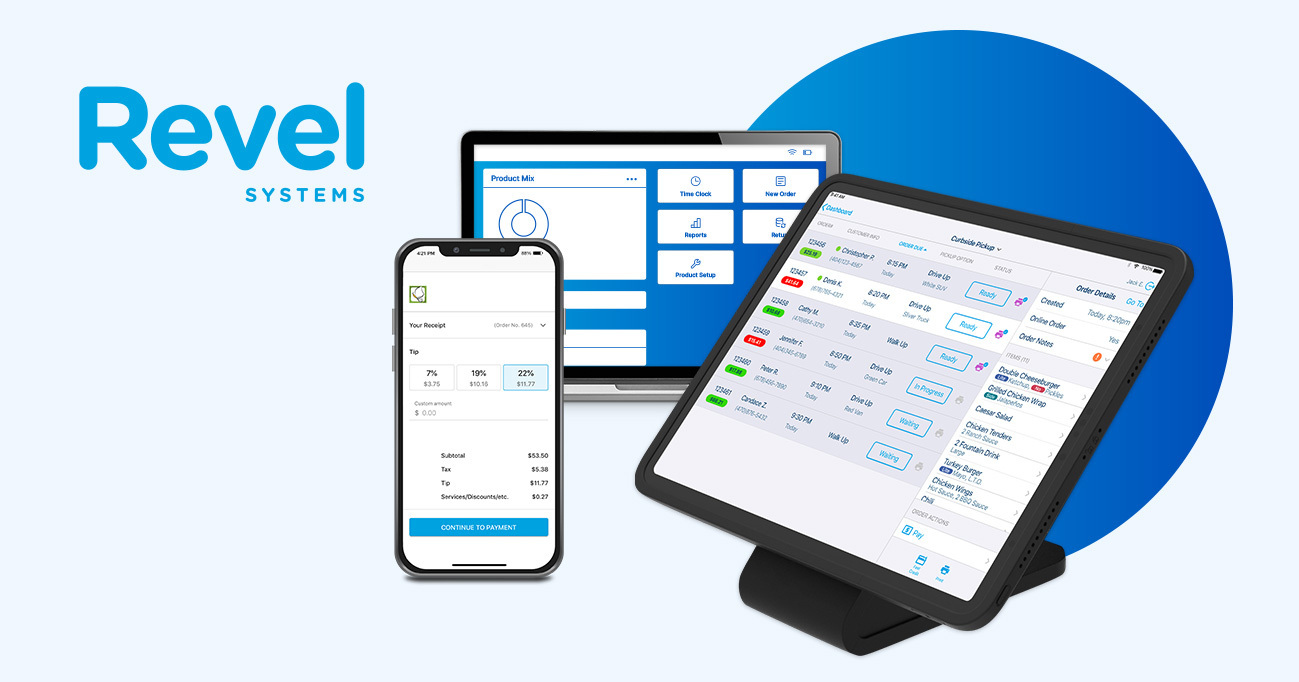Call Sales: +1 (833) 437-3835
Call Sales: +1 (833) 437-3835
Revel | January 31, 2017 |

Sleepless nights, long days, limited family time – sound familiar? Surveys paint a grim picture, with The National Institute of Stress reporting that it costs U.S. businesses more than $300 billion a year in the guise of stress-related “absenteeism, turnover, diminished productivity and medical, legal, and insurance costs.” The fact is small business owners’ lives are inundated with multitasking, resulting in over exhaustion and a waning entrepreneurial spirit.
While stress is impossible to totally eradicate, learning how to manage stress and leverage it to fuel a sense of urgency and motivation is key to leading a happy, healthy life—not to mention a prosperous business.
While it might be tempting to meet your need to feel in control, don’t try to wear all of the hats, just wear some. Check out our four stress hacks for small business owners:
Delegate, delegate, delegate!
First and foremost, it’s important to debunk the “Do It All” myth. Tackling every project, problem, and vertical by yourself is not only adding stress to your life but could be putting your business at risk. One person simply cannot shoulder everything, thus delegating responsibilities is key to improving your bottom line.
This entails letting go, empowering your staff, and being a patient teacher and leader. Know what you don’t need to do as well as what your staff can do, and likes to do! Pair the right task with the right person and hire based on skill set, so you optimize your workforce to fit your business needs. Since we know money talks, the return on delegating can be ten-fold. Division of labor allows for businesses to grow and free up your time to focus on strategy.
Automation Is Key
A study in Australia found that small business owners spend on average one-third of their time dealing with administrative tasks. Rather than focusing on strategy and the core of their business, owners are bogged down by mundane activities. Instead of paying employees to handle redundant tasks, small businesses can invest in automation tools to streamline their processes.
While small business is not always synonymous with new, high technology, customers still expect it. More than 90% of customers would take their business elsewhere than work with a company that uses outdated technology. It’s no secret that outdated technology and non automated processes is costing your business.
Take back the time and money lost and invest in a robust iPad POS System platform. Automate Intelligent Reporting, Inventory Control, and Employee Management all while cutting down overhead costs with Mobile Ordering.
| See Also: 4 Ways to Set Your Business Up for Success With Automation Tools |
Balanced Schedule (Stop Eating At Your Desk)
Not meant to be trite but having a work-life balance is important. A recent survey by The Alternative Board found that about half of all U.S. business owners work 50 or more hours per week, and 20 percent work 60 or more hours, leading to unfocused work and increased stress.
Schedule your downtime and be intentional about it. Whether it is meditation, your kids’ flute recital, spin class, or date night – adding it to your calendar will help you prioritize off-time and stick with it. Give yourself an afternoon boost and push through close of day, by taking an actual 30 minute lunch break.
Seek Advice
Experts say to seek advice often and early but small business owners often resist because it either costs too much or they believe in a self-run, self-sufficient business.
Advice can be an expensive investment or a free opportunity. Regardless of your financial position, reaching out to a professional, online support network, or your next door neighbor for advice can lower stress and help you work through unresolved issues. Varied perspectives can lead you to make quicker and more informed decisions and learn from your peer’s mistakes and successes.
Once what’s important to you is identified, small actions can be taken to better prioritize your business and life, having a resoundingly positive effect.